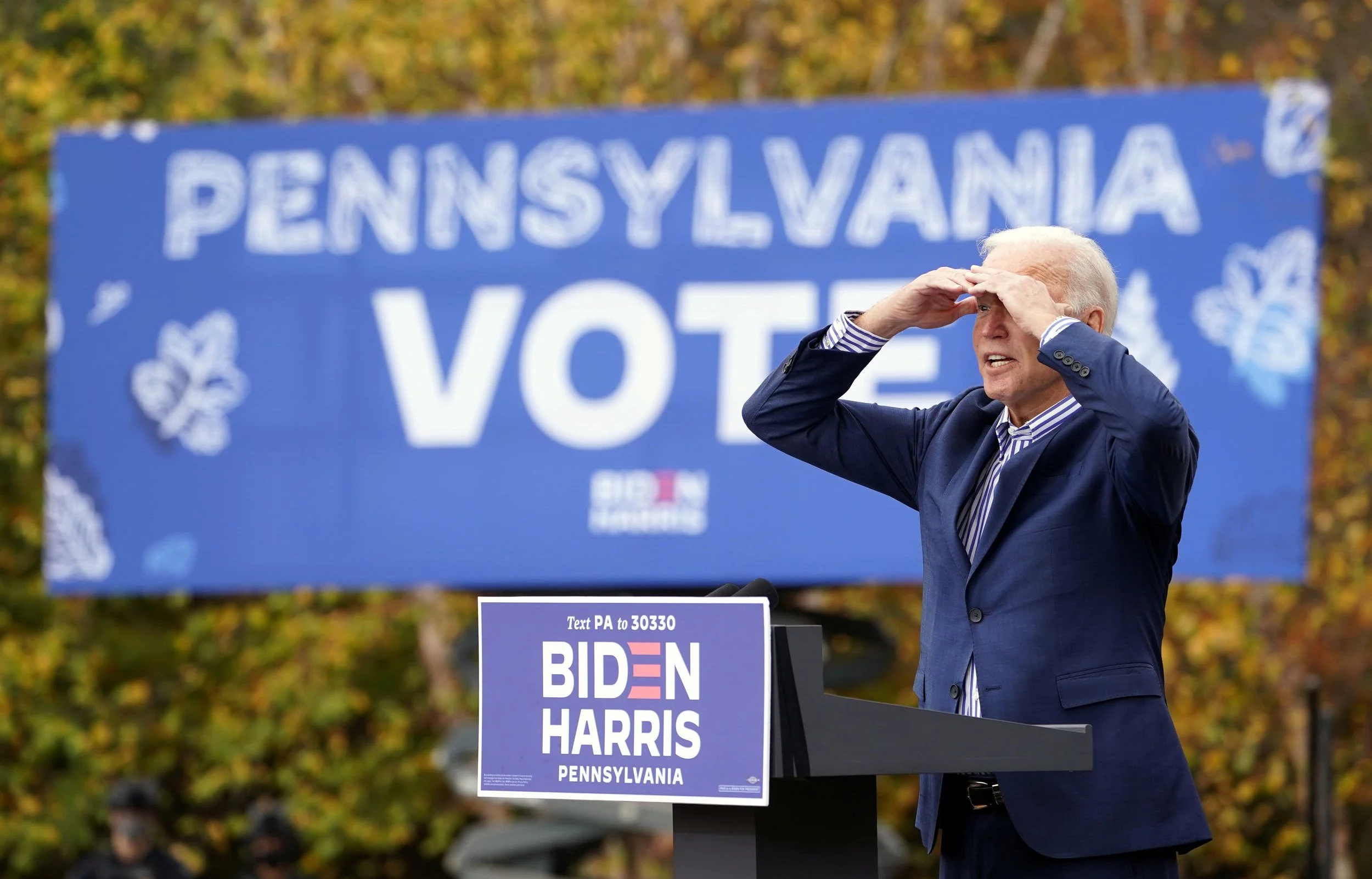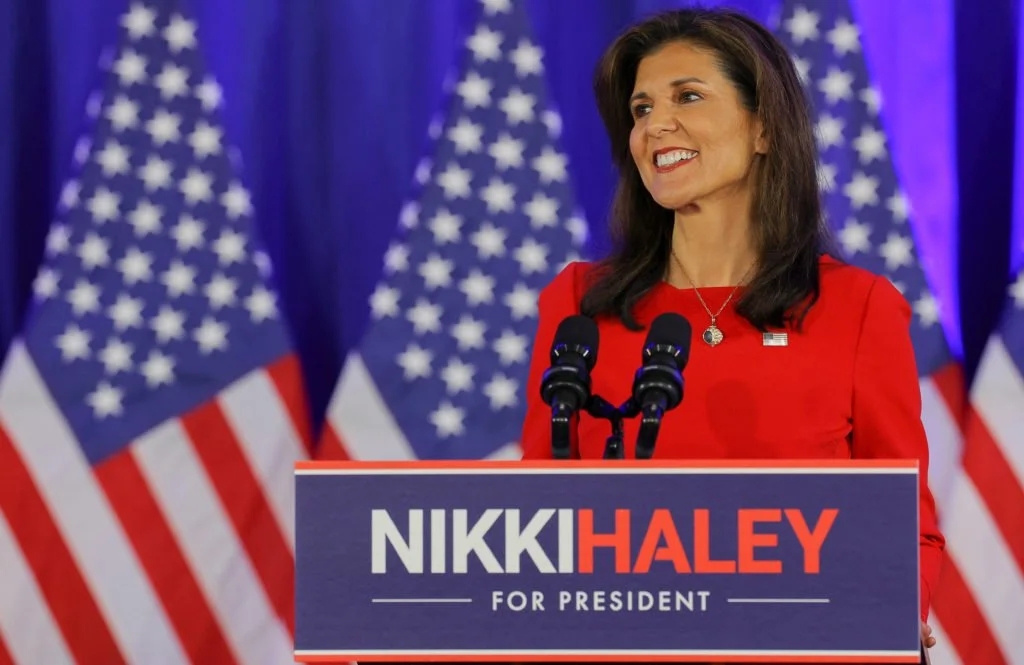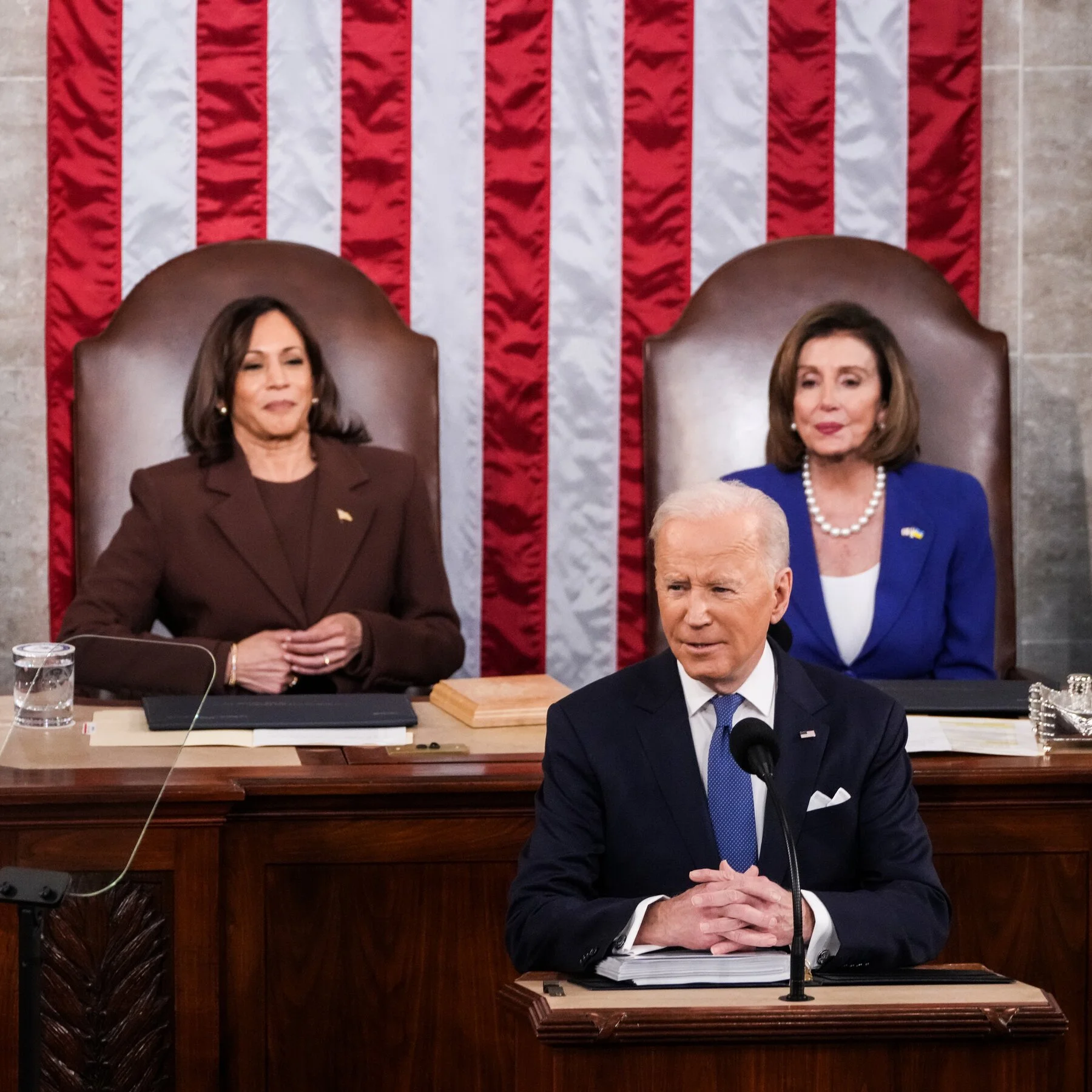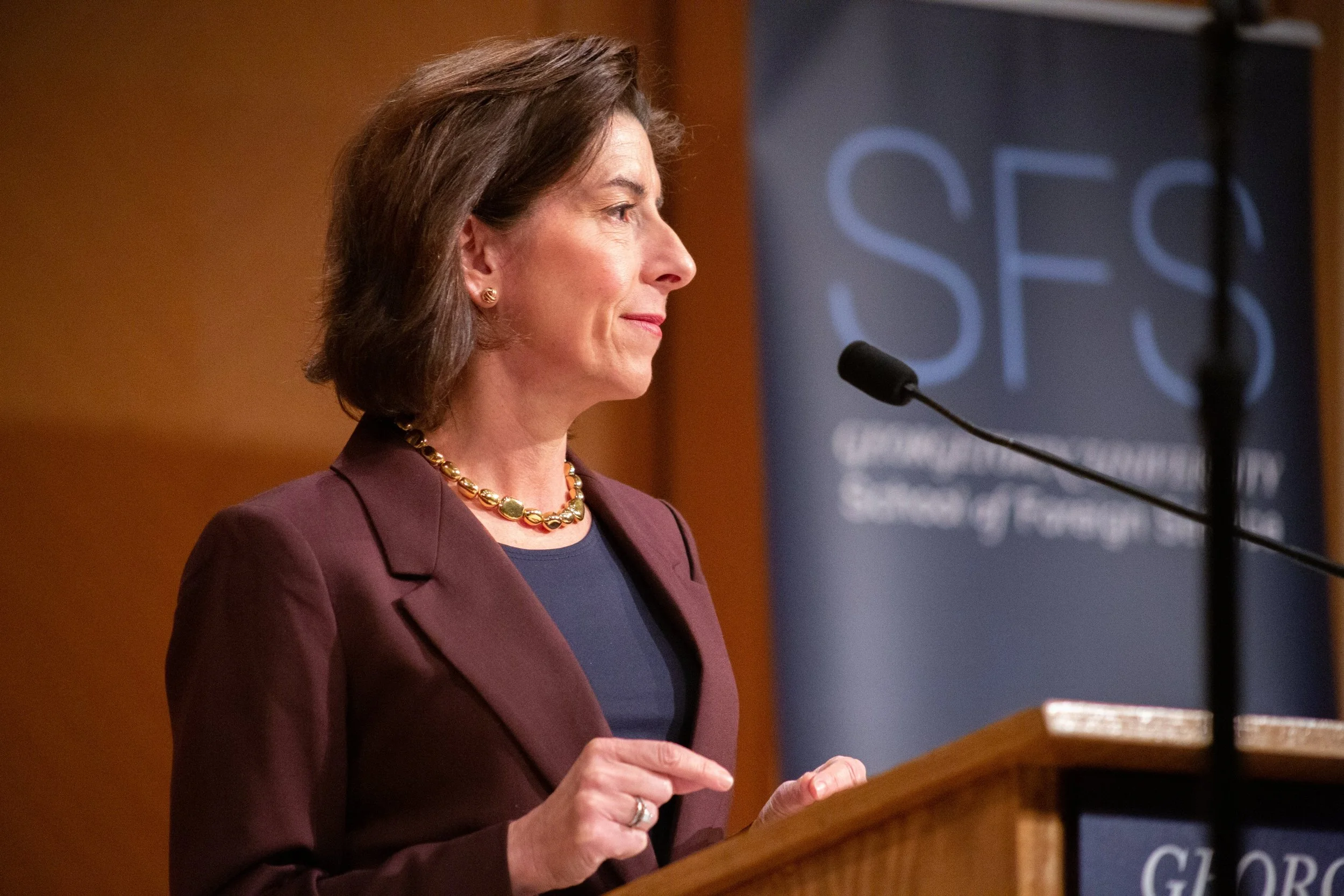Student Opinions
Read the thoughts and political insights of Georgetown’s student body
Unlike in most United States presidential elections, third-party or independent candidates in 2024 have the potential to impact its result, since victory will come down to margins.
— Alessia Coluccio
Pennsylvania is one of the states that gathers enormous traction during election season - specifically during the presidential election season. Why? It’s a swing state.
— Christina Tucholski
With key players like Vivek Ramaswamy and Nikki Haley making huge moves in the 2024 primary elections, it seems like the Republican Party is ushering in a new era that embraces South Asian voters. Yet, Haley, who is still in the race, fails to connect to her Indian identity and campaign towards South Asian voters.
— Maya Mohosin
Biden has had a lot on his plate recently, from worsening political gridlock, to women’s reproductive rights being increasingly restricted as well as the ongoing Russia-Ukraine crisis and an economy recovering from COVID-19. He had a lot of ground to cover in this historical event. Here is a list of the most memorable and notable moments from Biden’s address to the nation.
— Srishti Khemka
A year since the pro-Trump insurrection at the U.S. The Capitol on January 6, 2021, America urgently needs action on the role of social media platforms in political polarization.
— Carly Kabot
A work requirement will significantly diminish the effectiveness of the Child Tax Credit by requiring recipients to endure administrative burdens.
— Takuya Amagai
Recently, former President Donald Trump, the Republican frontrunner for the upcoming 2024 election, has commented on the United States’ commitment to NATO, leaving the other allied countries questioning their safety amid the War in Ukraine.
— Christina Tucholski
Speaking in the Lohrfink Auditorium at an event sponsored by Georgetown University’s School of Foreign Service, Secretary of Commerce Gina Raimondo praised the “incredible opportunity we have as a nation to unleash the next generation of American innovation, protect our national security, and preserve our global economic competitiveness.” She was, of course, speaking of the recent, under-the-radar passage of the CHIPS and Science Act, along with new Biden administration trade rules.
— Asher Maxwell
On February 24, 2022, Russian President Vladimir Putin delivered what will likely be regarded as among the most notorious speeches in modern history. His very first grievance in the address was perhaps the most critical, as he parroted a line long professed by ardent Russian foreign policy apologists: preventing NATO expansion.
— Zach Fotiadis
The Atlanta shooting has highlighted America’s reckoning with racism targeted toward Asians. Nonetheless, it is critical we do not haphazardly ignore the intersectional issue of violence against women, nor irresponsibly conflate individuals of Asian descent with policies of Asian states.
— Robin Huang
Inspired by the Black Lives Matter movement, country music is experiencing its own racial reckoning. Black country artists and Black rural voters share a lot in common: they exist in mostly white environments where they face oppression and rejection, yet their influence continues to grow.
— Junior Mwemba
You see phrases like “white silence is violence,” but the silence from the South Asian community in regards to racial justice for the Black community can be quite deafening as well. More than silence, there is active prejudice against the black community.
— Srishti Khemka
As New York City Mayor-elect Zohran Mamdani and President Donald Trump converged on the White House last week, onlookers braced for a collision worthy of an unstoppable force meeting an immovable object. Yet what happened instead was a remarkable showing of bipartisanship—one that each and every one of us can learn from.
Student free speech is under attack. In October, administrators at Indiana University pulled all news content from the student paper’s homecoming edition. It is one of many instances of censorship and self-censorship.
In a sweeping generational uprising, under-28 Africans—often described as “Gen Z”—have taken to the streets in multiple countries, signaling a rapidly emerging challenge for governing elites and the legitimacy of existing democratic institutions. The youth-led protests, particularly in Madagascar and Morocco, reveal not just frustration over public services but a deeper crisis of governance and trust.
In late July 2025, the long-dormant border conflict between Thailand and Cambodia exploded into open warfare after a land-mine blast near the sacred Hindu temple of Ta Muen left Thai soldiers wounded. The ensuing artillery exchanges marked the gravest fighting between the neighbours in years.
As debates over human rights, sovereignty and global accountability intensify, the United States’ decision to skip its own UN review raises unsettling questions: who gets to define human rights norms, and what happens when the system’s most powerful actors refuse to participate?
The United States and China have agreed to suspend a series of trade investigations and tariffs, signalling a fragile thaw in relations after years of escalating economic tension. The move follows high-level talks between President Donald Trump and Chinese President Xi Jinping in Busan, South Korea, on Oct. 30, which marked their first face-to-face meeting in six years.
If you ask the average American what, in their view, the government’s biggest priority should be, you can expect to get a plethora of responses—but it is not likely that tariffs would be frequently mentioned. Yet the outcome of the case over President Donald Trump’s authority to levy tariffs on the grounds of national emergencies, currently in the Supreme Court, will have incredibly far reaching effects for the country—far beyond trade policy.
In a dramatic shift, German Chancellor Friedrich Merz has declared that more than 1 million Syrians living in Germany should return home or face deportation. His argument: the 14-year civil war in Syria is over, so there is “no longer any reason” for asylum/





















